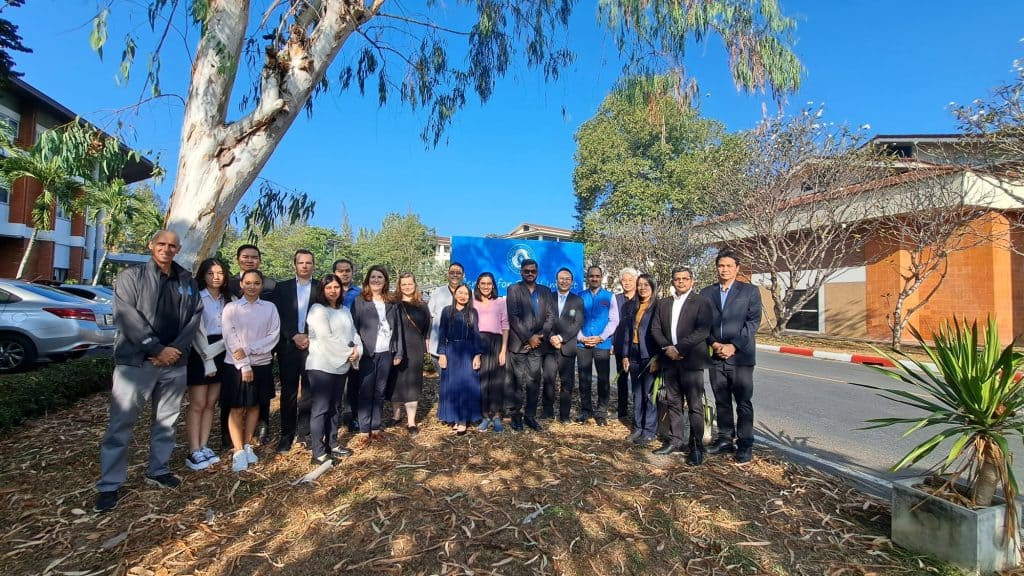
Title of the Project:
Knowledge development for circular economy transition (KODECET) – creating digital centre of excellence in universities in Asian emerging markets (India and Thailand).
Objective:
The project aims to create 4 Digi-SUSTEACH centers that build capacity at universities to teach Sustainable and Circular Economy (SACE) to new career faculty, students, and early-stage professionals. The goal is to develop a workforce with the knowledge and skills on SACE for better business and environment.
Duration of the Project:
January 2024 to December 2026
Project Mentors:
- National Head – Dr Veenu Sharma
- Project Coordinator – Dr Anupama Singh
- Project Manager – Ms Svadha Rai
- Project members – Dr K K Upadhyay and Dr Prateek Jain
Progress:
Birla Institute of Management and Technology received the funding through an Erasmus+ funded European Union (EU) project entitled “Knowledge development for circular economy transition (KODECET) – creating a digital centre of excellence in universities in Asian emerging markets (India and Thailand)”. This project intends to address the limited knowledge and tools in the sustainability and circular economy domain, capacity building of universities and prospective human resources in India and Thailand (emerging markets framework will be helpful to many), and dissemination through digital technology to help these faculty and students learn the concepts with no financial loading that facilitate the knowledge transition to more sustainable practices. The project has six higher education institutes (HEIs) partners: University of Jyväskylä (Finland), FH JOANNEUM (Austria), Birla Institute of Management Technology-BIMTECH (India), Nirma University Ahmedabad (India), Prince of Songkla University (Thailand), and Payap University (Thailand). These HEIs will develop capacity in the sustainability and circular economy domain with enhanced knowledge, trained faculty members and researchers, developed courses and certificates and a digital centre to disseminate the resources. The first kick-off meeting was held at Payap University (Thailand) from 22-25 Jan 2024 to discuss their work packages. Prof Rahul Singh and Dr Anupama Singh attended it. Apart from that, it’s a proud moment for BIMTECH to become India’s representative. The Center for Social Impact at Payap University also conducted a study tour of three social enterprises. The first one is the Poopoo paper community business, where elephant-semi-digested waste has been recycled to make paper. Secondly, Amravati Wellness is a business set-up that uses traditional indo-thai mental and physical wellness practices. Lastly, Free Bird Café Social Enterprise sells products manufactured by local women’s community businesses and claims to be a zero-waste enterprise
